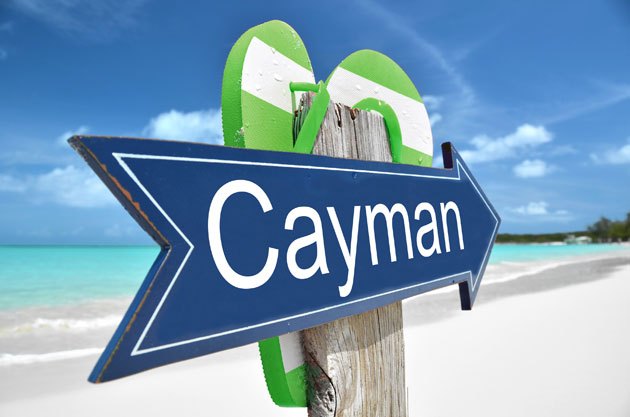
Are you interested in registering a company and opening a bank account in a jurisdiction with flexible corporate structures, tax neutrality, sensible reporting requirements, and a strong legal history? A Cayman Islands company and bank account may be what you are looking for. As long your provide the appropriate know-your-client documentation we can often register your company within 24-48 hours of approval. Keep in mind, this time is not a guarantee as we depend on the Cayman government.
If you want to open a bank account for asset protection, the Cayman Islands is another excellent choice. Its bank secrecy laws are among the toughest in the world. That is, any party who discloses unauthorized information is subject to strict criminal penalties. Under the 2009 revision in the Confidential Relationships (Preservation) Law, it is illegal to divulge confidential information. It is also illegal to attempt, offer or threaten to divulge confidential information, or willfully obtain or attempt to obtain such confidential information.

About the Cayman Islands
Located in the western Caribbean Sea, the Cayman Islands consist of Grand Cayman, Little Cayman and Cayman Brac. The overall population is approximately 62,000. The capital, George Town, is located on Grand Cayman Island. The Cayman Islands gained independence from Great Britain in 1960. Though, they remain a British territory and thus part of the United Kingdom. Yes, major financial hubs such as New York, London, Hong Kong and Tokyo are better-known. George Town is, surprisingly enough, the fifth-largest financial center in the world, after these huge metropolises. The financial services industry is a major employer in the Cayman Islands. That is, the region features hundreds of banks, including many foreign bank branches. As such, there is no shortage of professionals providing services to the financial industry, including lawyers, accountants and money managers.
The Cayman Islands enjoy an international reputation as a trusted financial center, and part of that is due to its strict banking secrecy. Another advantage –English is the official language of the Cayman Islands. So, there is no need for document translation for U.S. based or other English-speaking countries. In addition, the Cayman Islands observes Eastern Standard Time. So, for much of the year it is in the same time zone as New York City and other areas of the U.S. Eastern Seaboard. However, the Caymans do not observe Daylight Savings Time. So, note the one-hour earlier difference during this time of year. The similarity in time zones makes communicating directly with professional financial service or government representatives for those in most of the U.S. much easier.
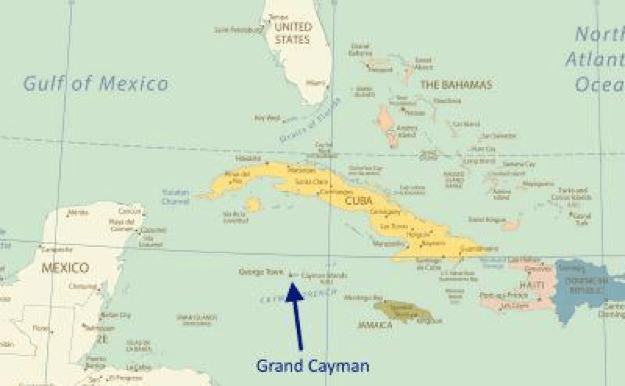
Cayman Islands Bank Account
Opening a bank account in the Cayman Island does not differ much from opening an account at your local bank. They need your identification and an application. Since you are not necessarily meeting them face-to-face, they will need know-your-client documents shown below.
What are the advantages of opening a bank account in the Cayman Islands? First, such accounts, combine with an asset protection trust, offer asset protection from lawsuits. In the U.S., a court can rule that funds held in a U.S. bank go directly to creditors or others receiving a judgment. If funds are held in a Cayman Islands bank in an international trust, a U.S. court does not have the jurisdiction over foreign banks and trustees.
Keep in mind that foreign financial institutions are required to report tax information to the IRS. In the Cayman Islands, such institutions must report tax information regarding U.S. account holders to the Cayman Islands Tax Information Authority (CITIA). This agency is the only actor in the Caymans when it comes to providing tax information to the government of other countries. So, it is CITIA that reports such information to the IRS.
Open an account via mail or the internet. The bank will require you to provide evidence that there is no fraud or money laundering participation. Such evidence may include:
- Copy of your passport
- Other identity proof
- Financial information from a current bank
- Recent pay slips
- Residency proof
In addition, they will often need a bank and/or professional reference letter. These documents prove that you the one opening the account. Plus, it helps them comply with international money laundering regulations.
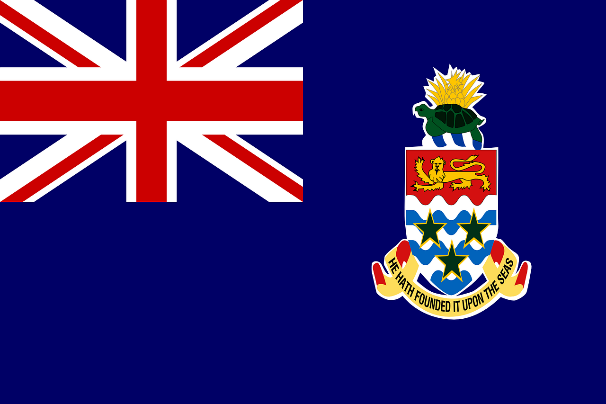
Cayman Bank Interest Rates
You may find interest rates on bank accounts in the Cayman Islands similar to those where you reside. If they were significantly higher, there would be a rush of flight capital and other banks would need to raise their interest rates to compete. So, I would not expect interest rates to be much higher or much lower than they are back home. There are, however a tremendous number of investment options.
For example, if you want to diversify your portfolio, many Cayman banks offer investment management services. We see clients earning 8% to 12% annually in these managed portfolios. Keep in mind, this is not straight bank interest. This is in having an account manager that diversifies your funds over a broad array of investments.

Cayman Islands Exempted Companies
The most common type of Cayman Islands offshore company is that of the exempted company. There is no minimum capital requirement for establishing such a company, and annual financial statement filing is not necessary.
If a company’s primary objectives take place in a location other than that of the Cayman Islands, it may apply for an exemption registration from the Registrar of Companies.
Exempted companies cannot trade in the Cayman Islands with the entity; that is, with the exception of business furtherance of the exempted company outside the Cayman Islands. An exempted company cannot make a public invitation in the Cayman Islands for share or debenture subscription. However, the regulations allow Cayman Islands residents to hold exempted company shares. In addition, one may use shares of exempted companies to hold another exempted company. In addition they can hold Cayman Islands exempted limited partnerships, limited liability companies and can have roles in foundations.
Exempted companies must submit memorandums of association and articles of association. The former document contains the company name, which must differ substantially from any existing company so there is no confusion as to the identity. The Registrar may not accept company names including certain words, or must formally consent to such names, among them:
- Bank
- Insurance
- Royal
- Trust
Exempted companies do not need to include words such as Ltd. or Inc. in the company name. Registration using the terms LLC or Limited Liability Company is not allowed for corporations. Naturally, they are allowed for LLCs. Each exempted company must have a Cayman Island registered office. The provider of this office must have a license for this activity.
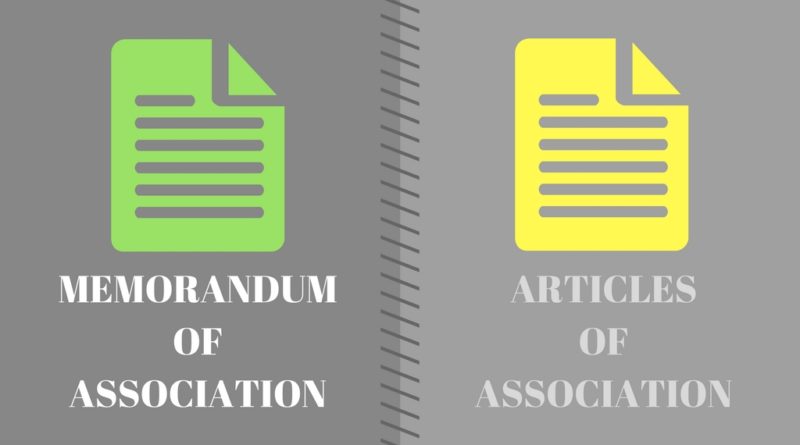
Memorandum of Association
The memorandum of association must also include the objects and powers of the company. Such objects are limited only to those provided in the document. The company does have the option of choosing unrestricted objects. Thus, this permits it to carry out any lawful purpose. This document must include a Declaration of Limited Liability, stating shareholders liability as limited to unpaid amounts on occasion on these shareholders’ shares. The exempted company principles may instead decide that shareholder liability is limited to the amount such shareholders agree to contribute to the company if it ceases operation. However, few people select this option, and opt for maximum liability protection.
The final section of the memorandum of association concerns authorized share capital. The exempted company must state the amount of authorized share capital. It must also include share numbers and their par value, in one or multiple currencies. A company might include a capital dividend if the division into shares has no par value. It cannot, however, divide capital into different shares, with some having a par value and others not. As in most jurisdiction nowadays, bearer share issuance is not permitted.
Articles of Association
The second document, the articles of association, provide for general company administration. It should include guidelines on the following:
- the issue of member meetings and voting rights
- share issuance, transfer and redemption
- dividend payment
- how the company might liquidate.
The articles of association also deal with directors’ and officers’ appointments and their powers. Usually, at least one director is necessary for a Cayman Islands company, but such individuals do not have to reside in the Cayman Islands. In most cases, the articles of association state that a company’s management is the board of directors’ responsibility.
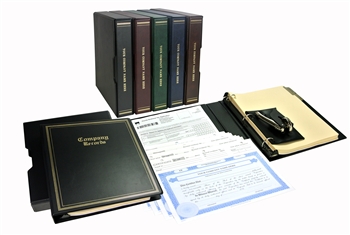
Register Maintenance
All exempted companies must maintain three registers. The first is the Register of Directors and Officers. This includes not only the names and addresses of these people, but their appointment and leaving dates. This register requires filing with the Registrar.
The second register is that of members. As such, it must include shareholder names and addresses. In addition, it includes the number of shares each hold and whether voting rights are involved. It also states the amount paid for the shares. This register must also include the date each shareholder obtained shares, and the date on which they were no longer company shareholders. As long as the company is not licensed to do business in the Cayman Islands, this register does not need to stay in the country.
The third register is that of mortgages and charges. Thus, it must include information regarding any mortgage or charge affecting company property. The register must state the names of mortgagees, as well as a description of the mortgaged property.
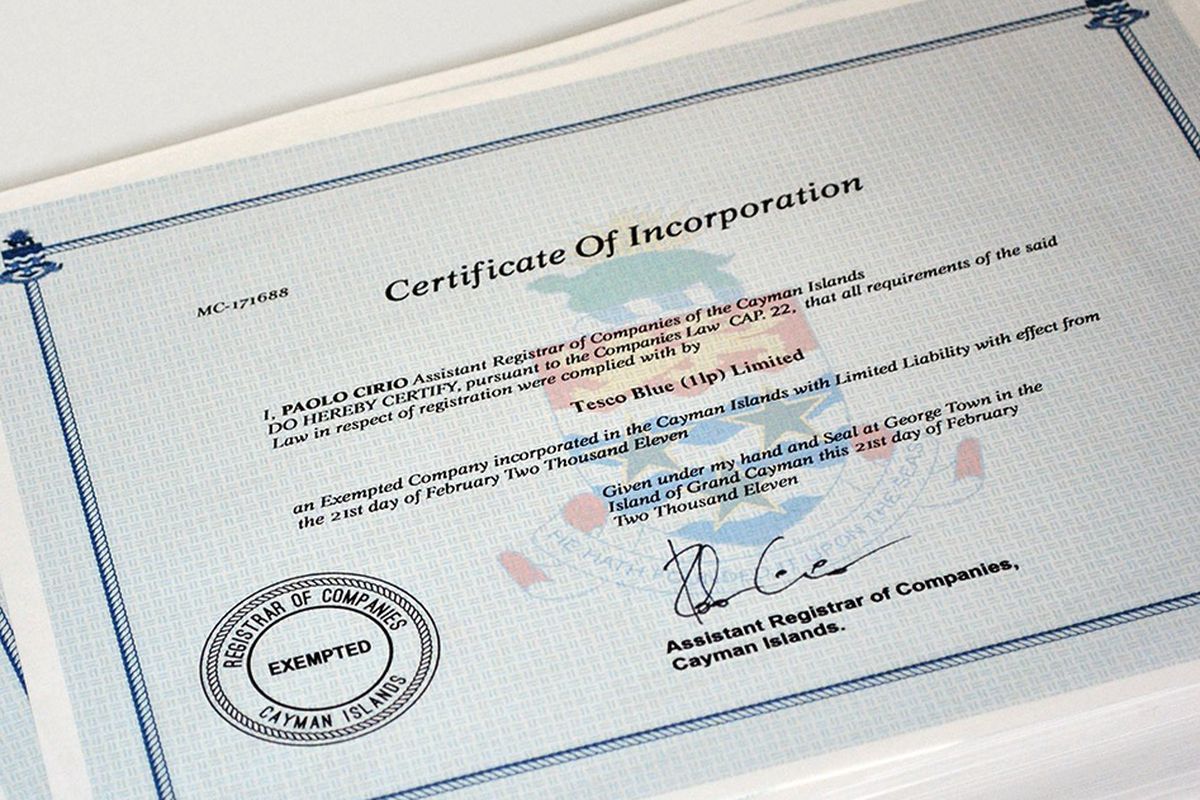
Exempted Cayman Companies and Bank Accounts
Exempted companies can open bank accounts in the Cayman Islands by providing all incorporation paperwork. This includes including certified copies of the Memorandum of Association and Articles of Association. The bank will also need a certified register of members. For the purposes of opening a bank account, the Cayman bank also requires a certified minutes of the initial directors’ meeting. Identities of all beneficial owners and directors are needed, along with certified copies of their passports and residency proof.

Cayman Islands Taxes
The Cayman Islands do not levy a corporate income tax. Additionally, they also do not levy on income or capital gains for exempted companies that have applied to the Governor for an undertaking. Such an undertaking is good for a total of 50 years, and includes inheritance or estate tax, if warranted.
Moreover, non-residents are not subject to withholding taxes on dividends or interest, or royalty payments. The Cayman Islands does not impose a personal income tax or tax on capital gains. There is also no value-added or corporation tax.
The only taxes the Cayman Islands do levy are stamp duties on various properties, and steep import duty tariffs.

How to Open a Cayman Company and Bank Account
Do you want to open a Cayman company and bank account? If so, please complete the free consultation form on this page. Alternatively, you can call one of the phone numbers listed here. There are experienced offshore company consultants here to help you. If you do not get ahold of someone immediately, please keep trying until you get ahold of one of our experts.

